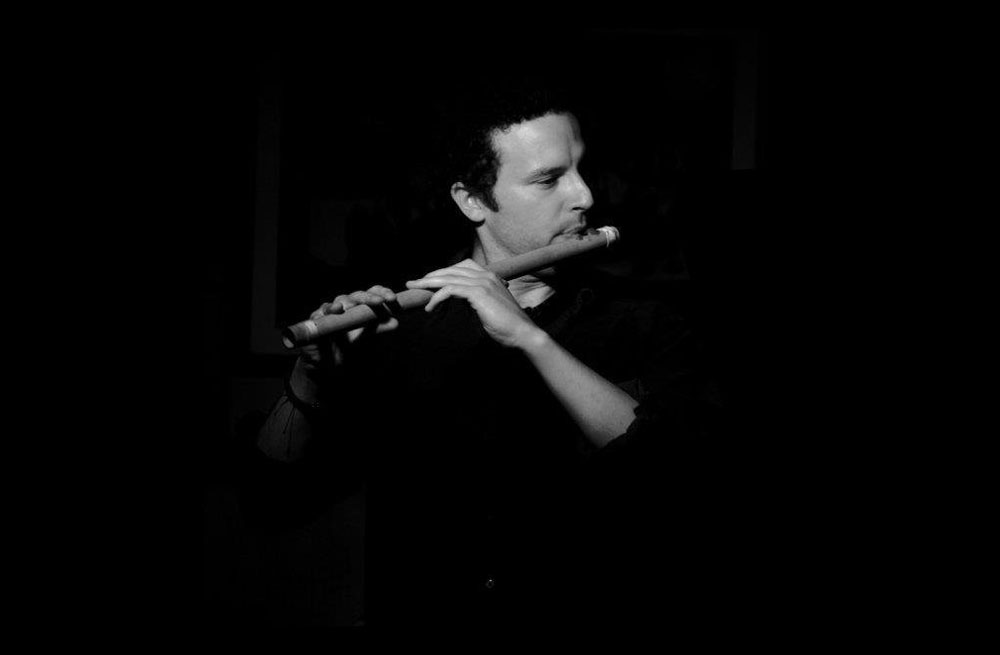Colombian composer Jaime Ospina’s debut solo album is a celebration of Africa through music
Ever since I spent time in Colombia, cumbia music has held a special place in my heart. Especially the stripped-back native flavor of cumbia that originates out of Colombia. So I was very excited to receive a preview of Jaime Ospina’s debut solo album, The Vessel (set to officially release May 24th, 2025).
The album is a collection of ten songs shaped by decades of melodic inspiration and collective musical exchange. It blends elements of cumbia, jazz, and Afrobeat to create a genre-spanning record of improvisational music. More than that, it’s an album that celebrates the resilience of African music. It celebrates the dialogue between all the music rooted in Africa: jazz, funk, cumbia, blues, reggae and more.
“[It] is a symbol or metaphor of the immense beauty and power of African music and culture,” explains Jaime when talking about the new album. “It is a beautiful piece of pottery created by life through hundreds of thousands of years. I imagine Life as this old abuela (grandmother) gathering the mud and shaping it for as long as humans have been around.”
Quite a vivid visual metaphor for the album. And honestly, I don’t often think it is something that a musician will think this deeply about — how the album would be represented visually.
Ospina expands on the metaphor by saying: “Europeans in their ignorance and arrogance, snatched this magnificent vessel, brought it to America and smashed it in thousands of pieces; each of those pieces landed on Native land like seeds that turned into trees, they blended with the Native cultures, beautiful in a different way, and created something new. Little by little, through the last 100 years, those pieces, now turned into something different, had been looking for each other, like finding the way to get back together.”

The album is anchored by Jaime’s exquisite flute playing, but complimented by all other manners of instrumentation and genre inspiration. It explores all sorts of moods and energies as you listen as well. A track like “Abandono” drives you forward with its funky mixture of hard flute and shuffling African-inspired percussion while a track like “Amanaciendo” smoothes things our with its chilled out reggae-inspired groove, delicate flute, and psychedelic guitars
Perhaps my favorite track on the album, “El Viento” (which means “The Wind”), uses a wandering flute and (what sounds like) percussive wooden instruments to give you this laid-back feeling of shambling confidently through the jungle. Or “The Goblin” which feels more introspective, but just as tropical.
And of course there is the title track with its spoken word and vocal choir. The track acts as the thematic anchor for the album and pays homage to the beauty and endurance of African culture.




